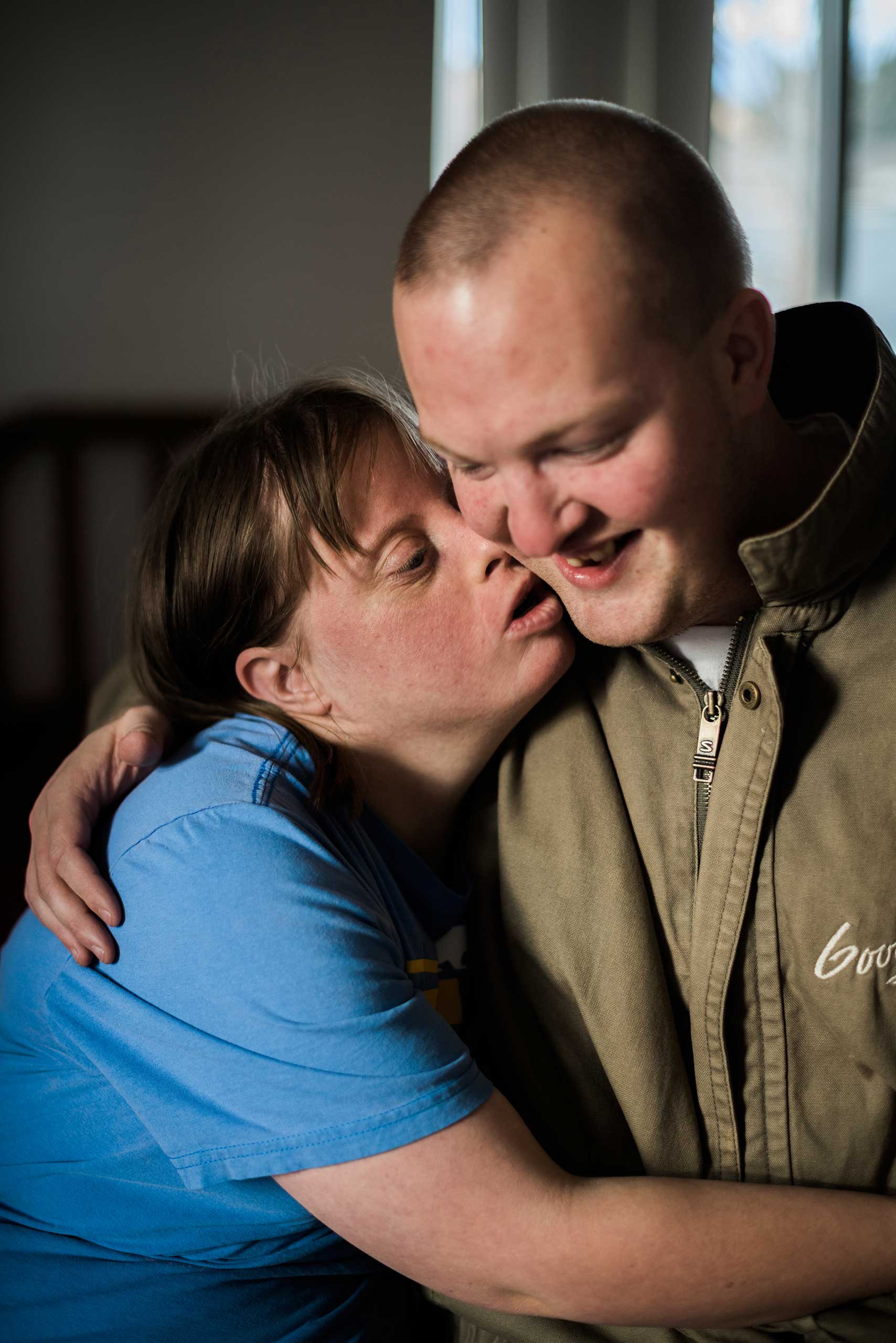
Nestled in the foothills of the Saugus Mountains, is a close-knit community where love is able to flourish without inhibition. Los Angeles Residential Community (LARC) Ranch is home to 100 developmentally disabled adults, many of whom have formed romantic relationships. There is casual dating, long-term commitments and even several marriages. It’s a space where residents feel safe articulating who they are. This vulnerability and openness is what drew photographer Isadora Kosofsky to begin her project, Love the One You’re With, an ongoing multi-disciplinary work that closely follows the complexity of relationships within an often-sidelined part of society.
Kosofsky documented two couples over the course of three years. Barry, 59, and Debbie, 51, have been together for 31 years while Krysta, 24, and Nathanial, 28, were together three years before their break up last month. “It’s a project about intimacy. And it was important for me to make them feel comfortable so that moments that anybody can identify with were revealed,” Kosofsky tells TIME. “For example the conflict between closeness and distance, the balance between togetherness and solitude are many of the fundamental paradoxes that come up between two people who are in love.”
Video directed and produced by Isadora Kosofsky, edited by Elissa Mirzaei, music by Josh Woodward.
Barry is a feminist and a hippie at heart, calling Debbie his ‘Yoko Ono’. He is very accepting of her and doesn’t see her limitations as limitations. He once told Kosofsky: “There’s so much love in the world and also so much hate. But we need to counteract that with love.” Kosofsky adds: “When they say unconditional love, they really mean it. They honor each other.” Their relationship began when they were both living at home with their families but when Barry moved to LARC when his mother was unable to take care of him, Debbie followed soon after. “We are lovers but I don’t make love to her. When I put my arms around her that is making love to her,” Barry told Kosofsky.
Kosofsky had been working with Debbie and Barry for a year before she decided to explore how young love manifests itself at LARC. She witnessed the love between Nathanial and Krista develop from its first blushes, when Nathanial gave Krista a rose he bought from the 99 Cents store. “Nathanial would stand outside the workshop and mouth ‘I love you Krista, I want you to be my wife,’ and practice saying it to her by himself,” says Kosofsky. “He would then repeat it so that when he spoke to her it would be clear for her to understand.” They were together for three years and engaged for a time but broke up a month ago. Krista told Kosofsky they simply weren’t happy anymore. “It’s important that people understand the complexity of their relationship,” she says. “And that we can learn, as I have, lessons of love, intimacy, forgiveness, redemption and acceptance from them.”
Kosofsky believes most people in mainstream society don’t think developmentally disabled people are capable of sustaining relationships. “Their difference seems to strip them of their humanness in the public consciousness,” she says. “So we assume that because they have different needs they therefore don’t share ours.” There is also a presumption that if they do experience romance it’s superficial, without depth or complexity. “In fact I believe that special-needs love, is how love is supposed to be,” she says. The director at LARC, Kathy Starkey, encourages agency among the residents, whilst also having their needs met by those around them and the wider community.
Kosofsky has been visiting the Ranch for three years and has developed an intimate bond with her subjects. “I feel part of the community now in a way,” she says. “For me the goal is to become an occupant when I’m working. Of course being a witness and holding a journalistic distance is important. But for me holding an intimate relationship with the subjects is as tantamount as the image-making process.” Kosofsky’s goal, as with all her projects is for people to “experience these lives, be brought into their world and be able to relate and identify with them.”
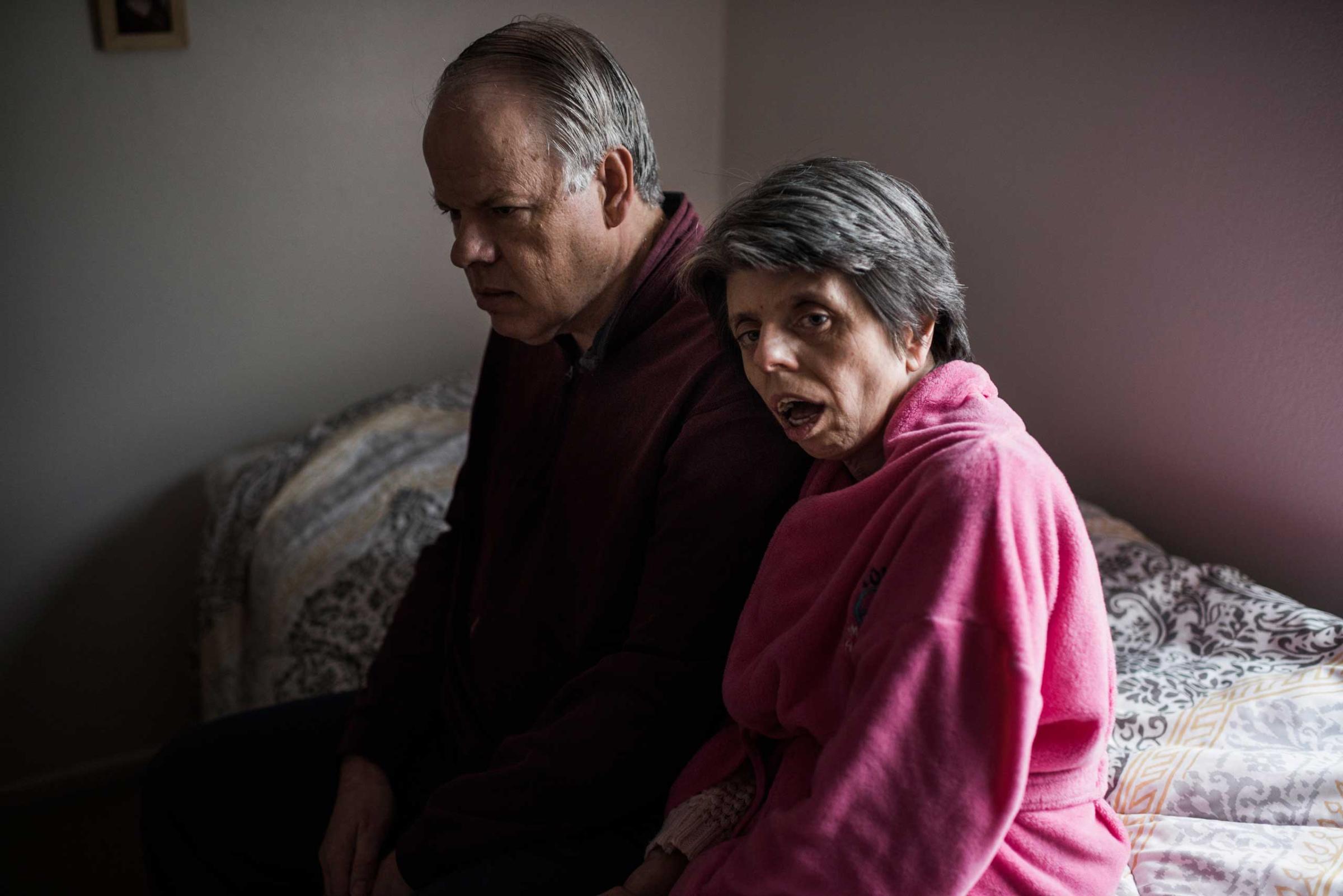
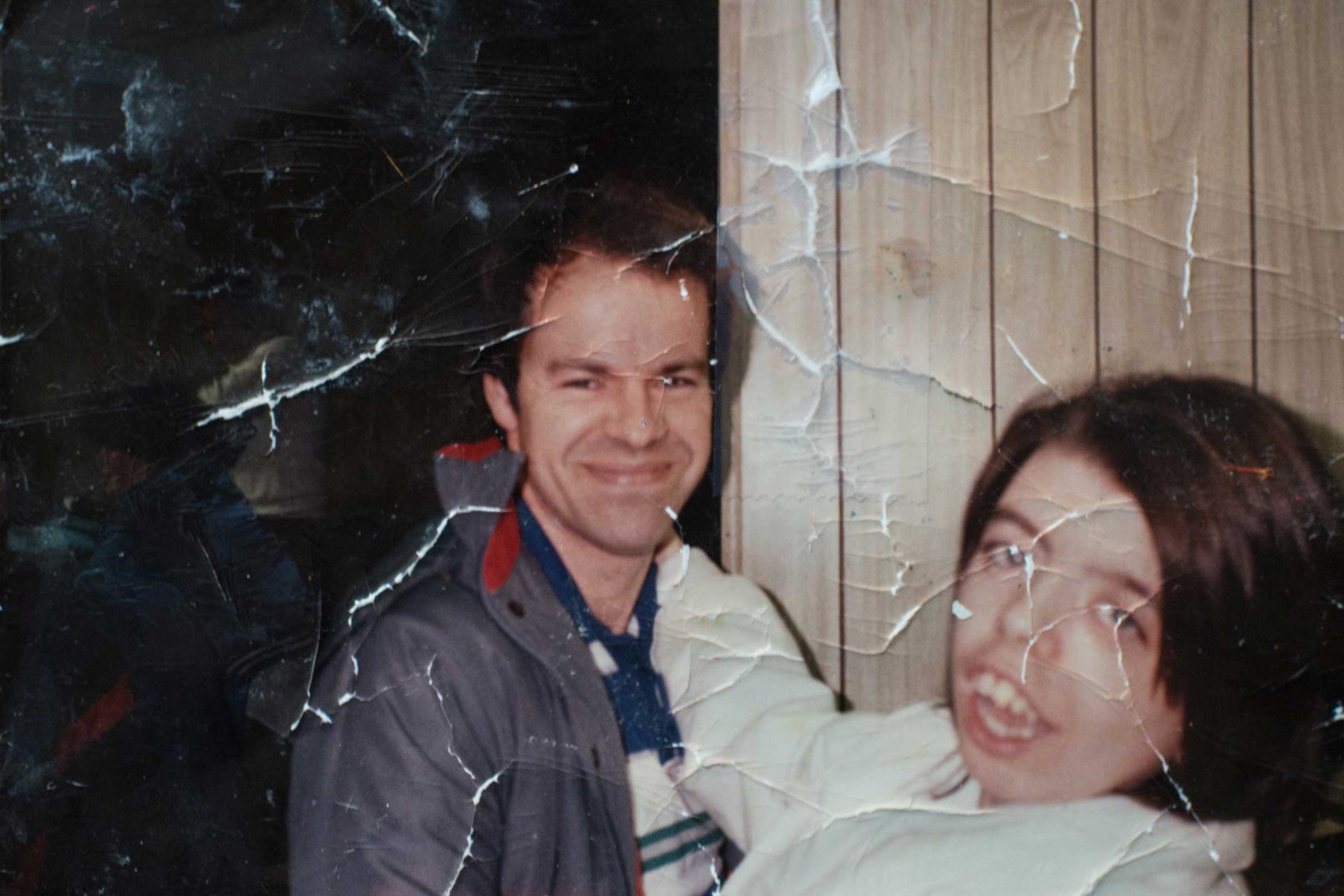
The honesty and vulnerability of these relationships particularly struck Kosofsky. “They are so unmasked,” she says. “It has been really wonderful to document and work with people who will readily show their emotions.” The couples at LARC Ranch contend with the same highs and lows as any adult relationship; the joy of first dates, the celebration of milestones and later talk about marriage and children. This emotional honesty also manifests itself in introspection. “They are aware of their own disenfranchisement,” she says. But finding support in one another – as well as romantic attraction – is extremely empowering. Kosofsky credits the Ranch with providing a space for them to be safe articulating who they are.
Photography aside, her time spent at LARC has taught Kosofsky a more authentic way to love. “They have shown me a fearless love. They’re able to extrapolate meaning I think in a much more authentic way,” she says. “They’ve shown me a love where you open your heart without hesitation and you give. And whatever happens, happens. But at least you tried.”
Isadora Kosofsky is a documentary photographer and filmmaker based in Los Angeles. You can view more of her work here.
Olivier Laurent, who edited this photo essay, is the editor of TIME LightBox. Follow him on Twitter and Instagram @olivierclaurent.
Alexandra Genova is a writer and contributor for TIME LightBox. Follow her on Twitter and Instagram.
Follow TIME LightBox on Facebook, Twitter and Instagram.
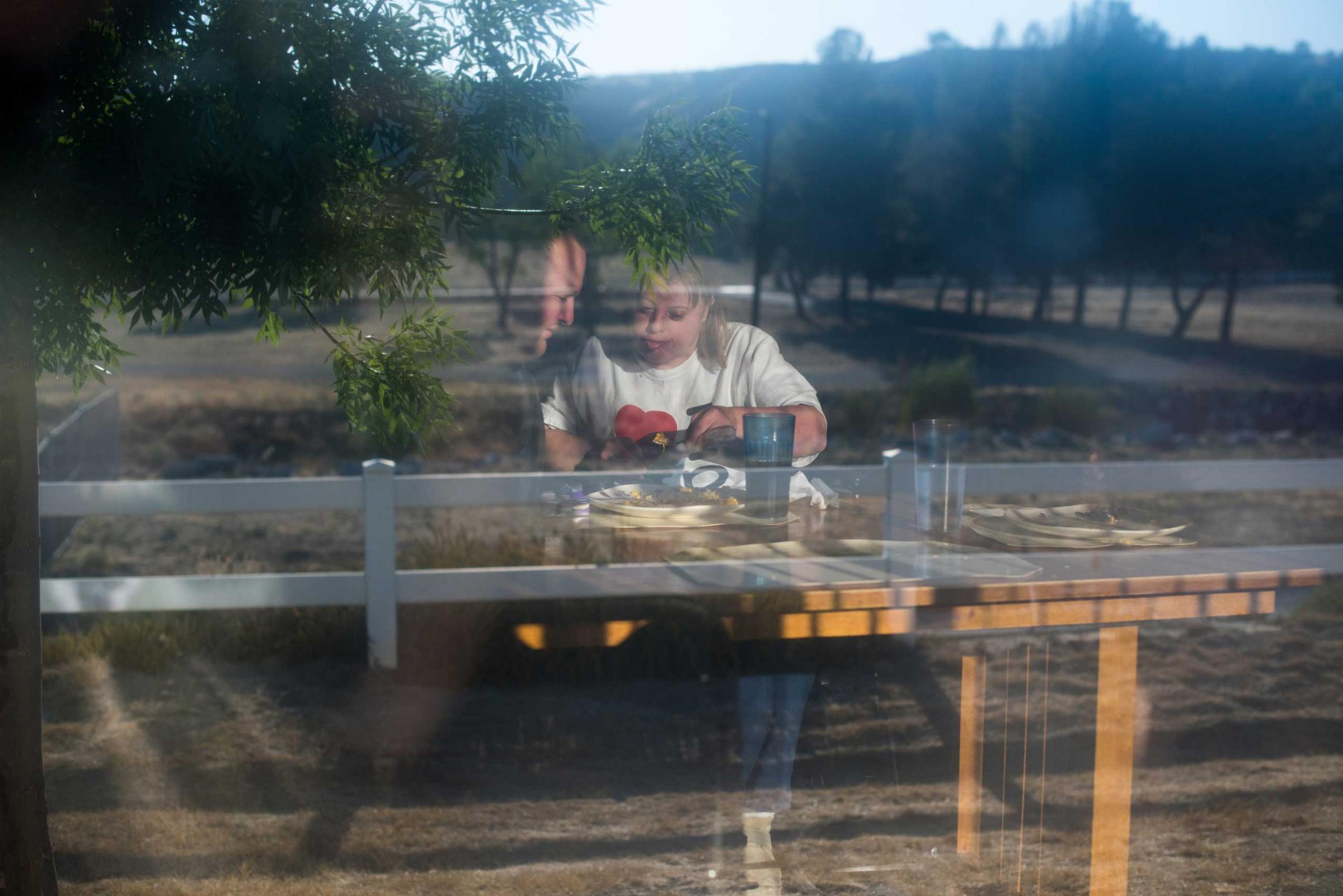
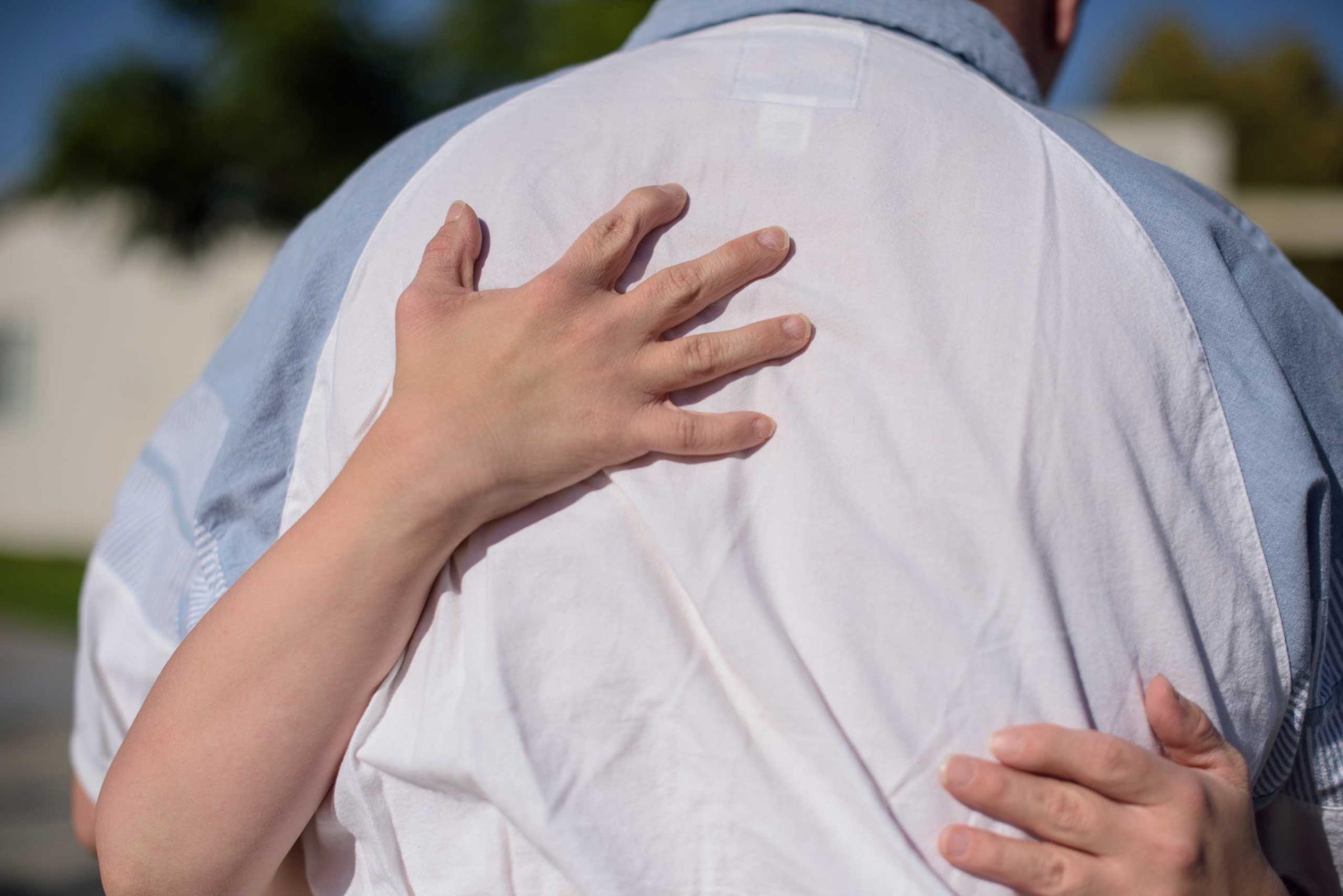
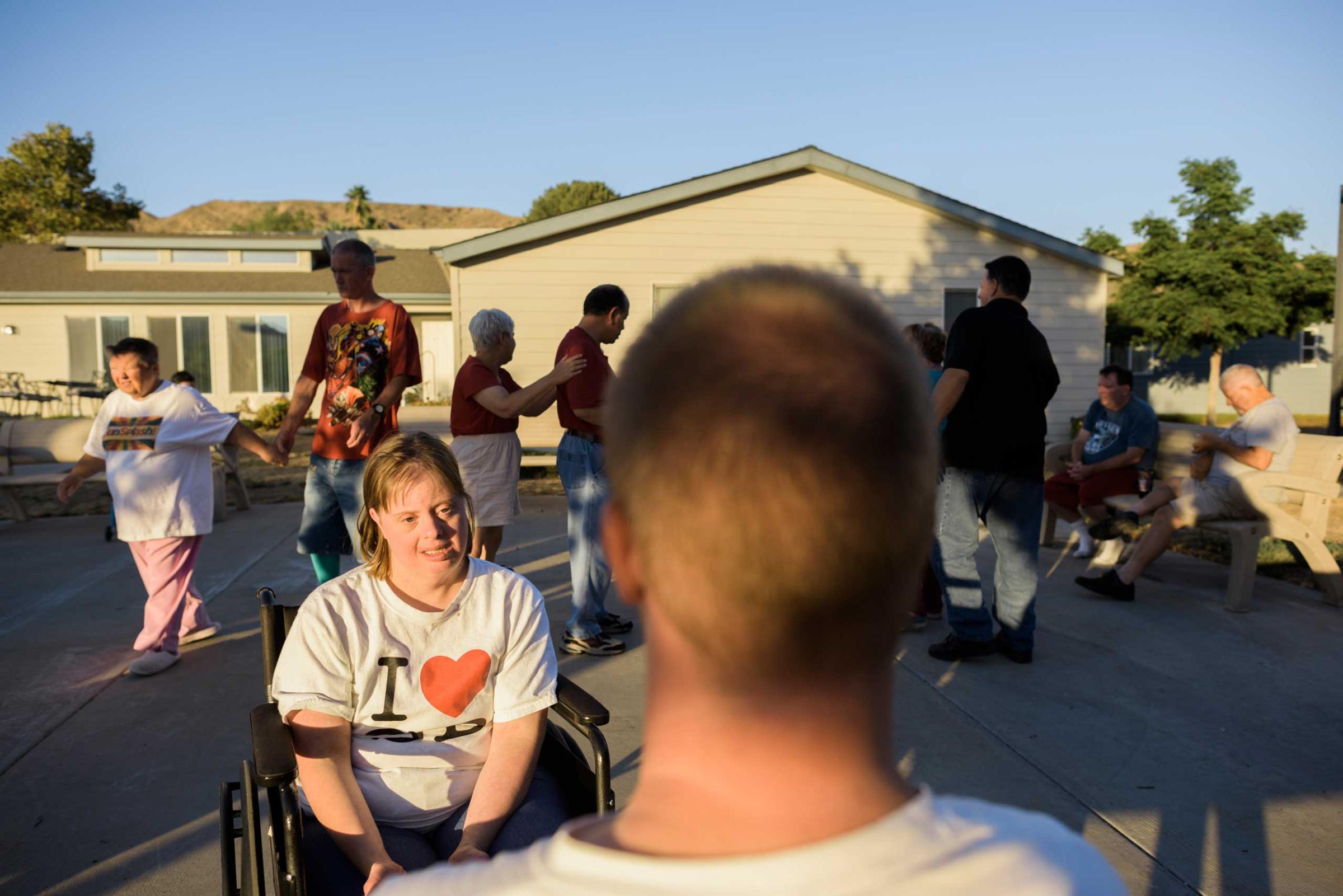
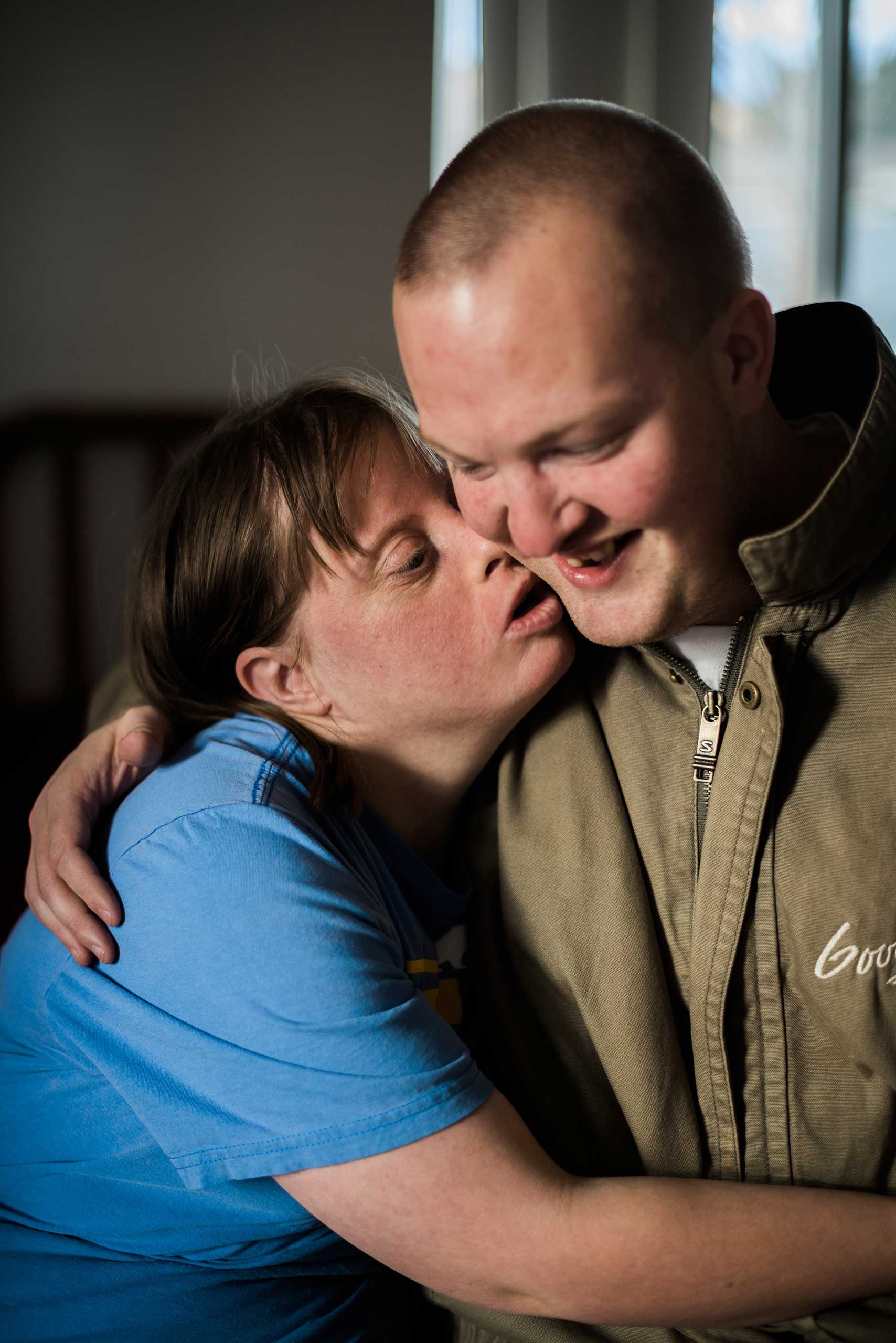
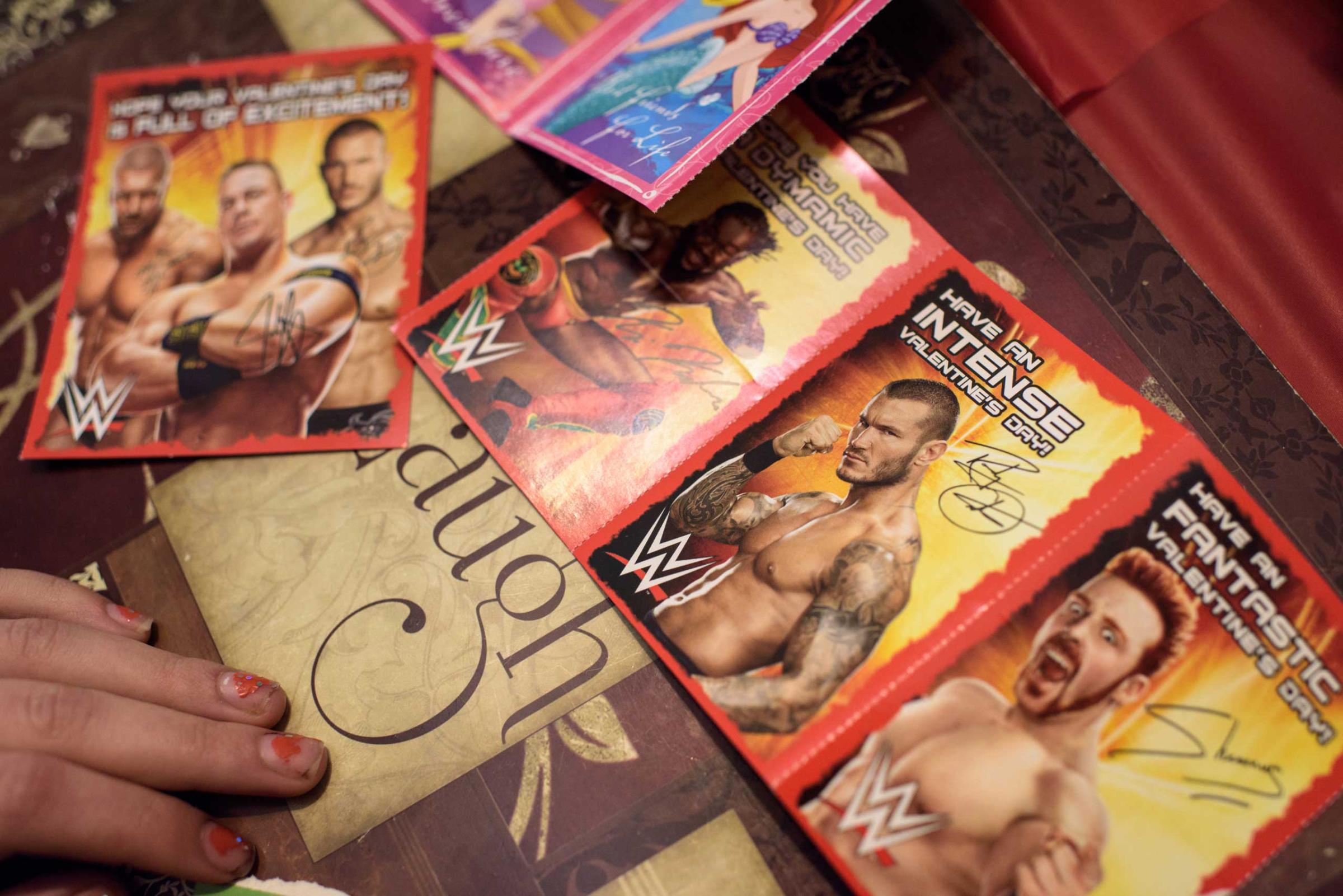
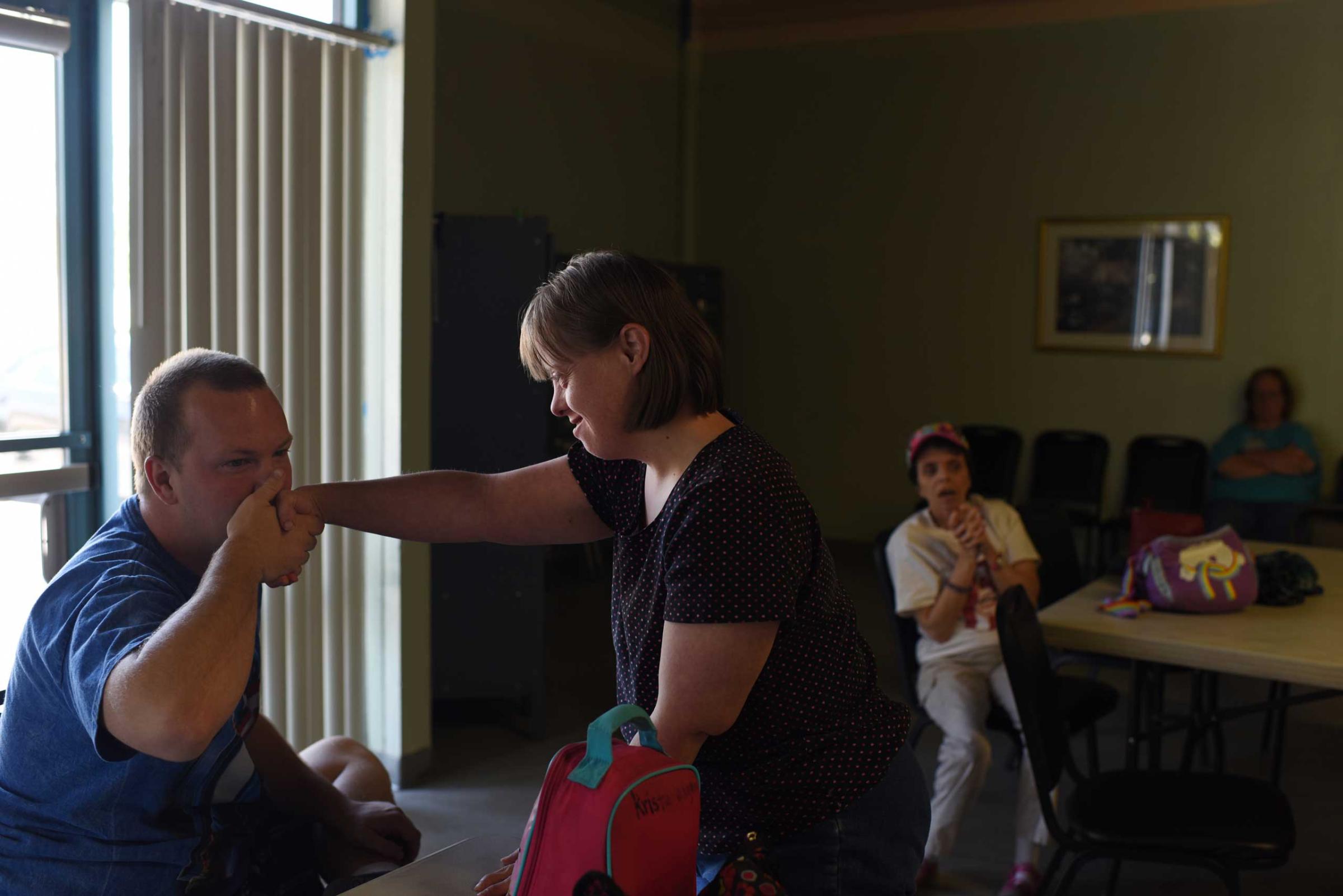
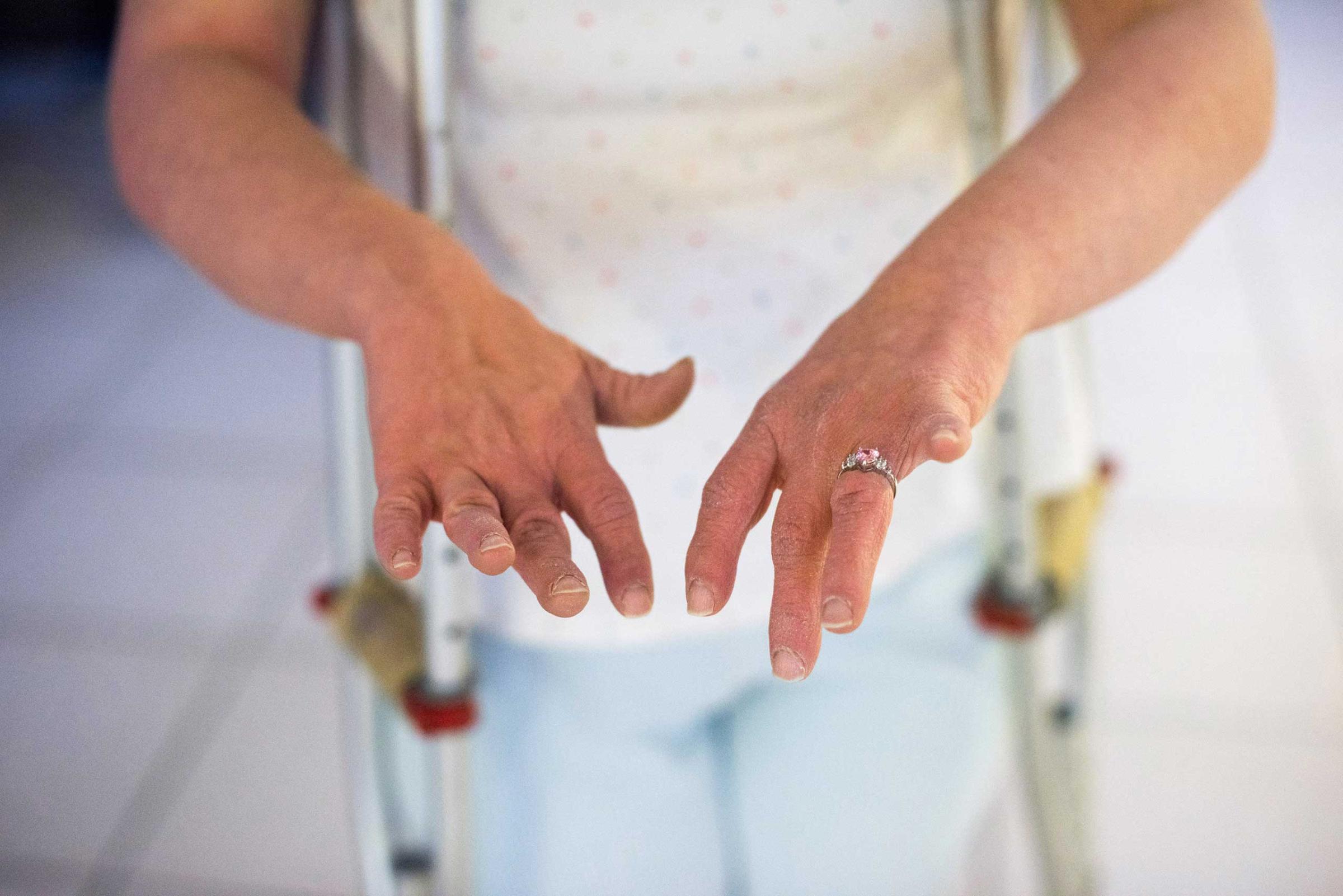
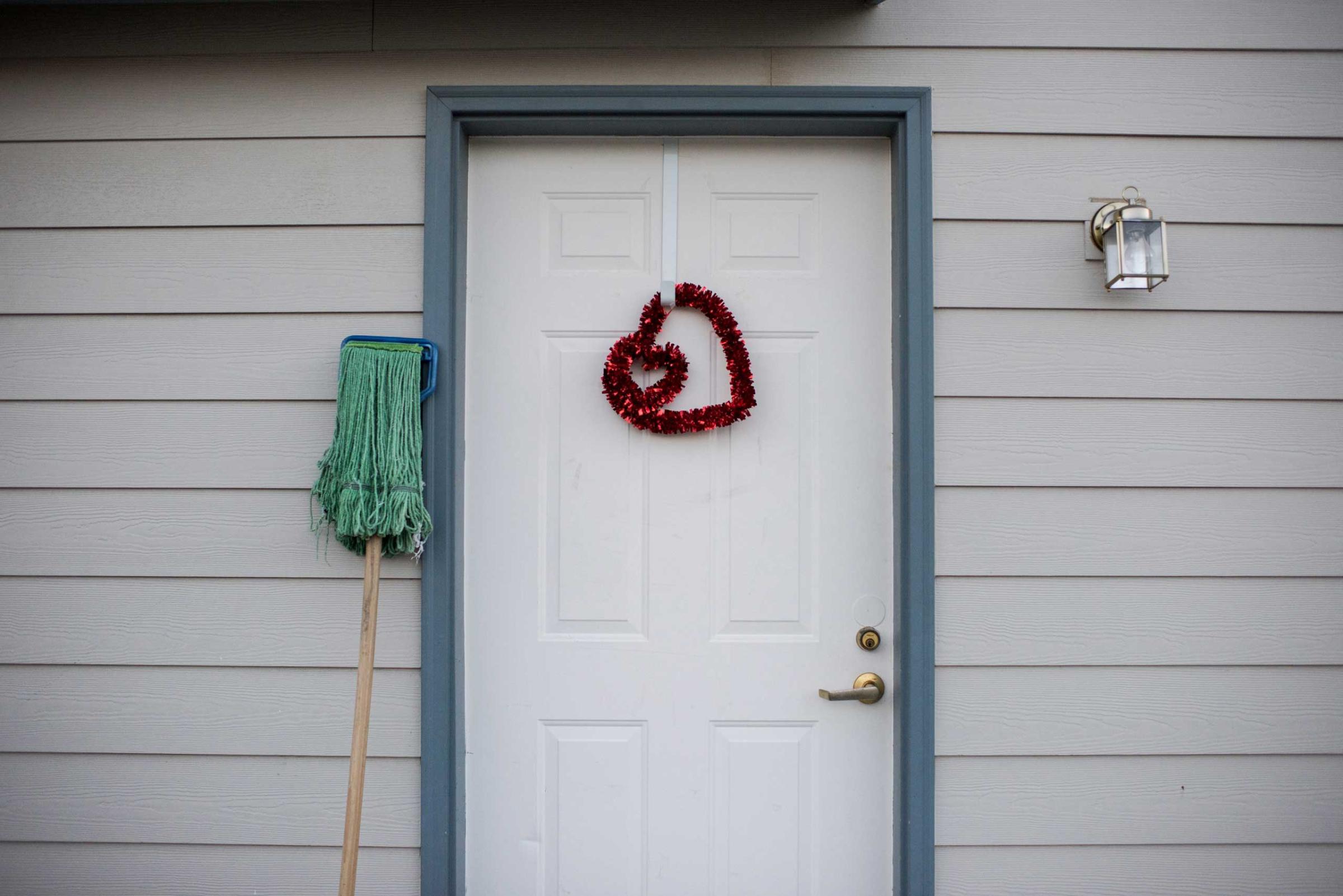
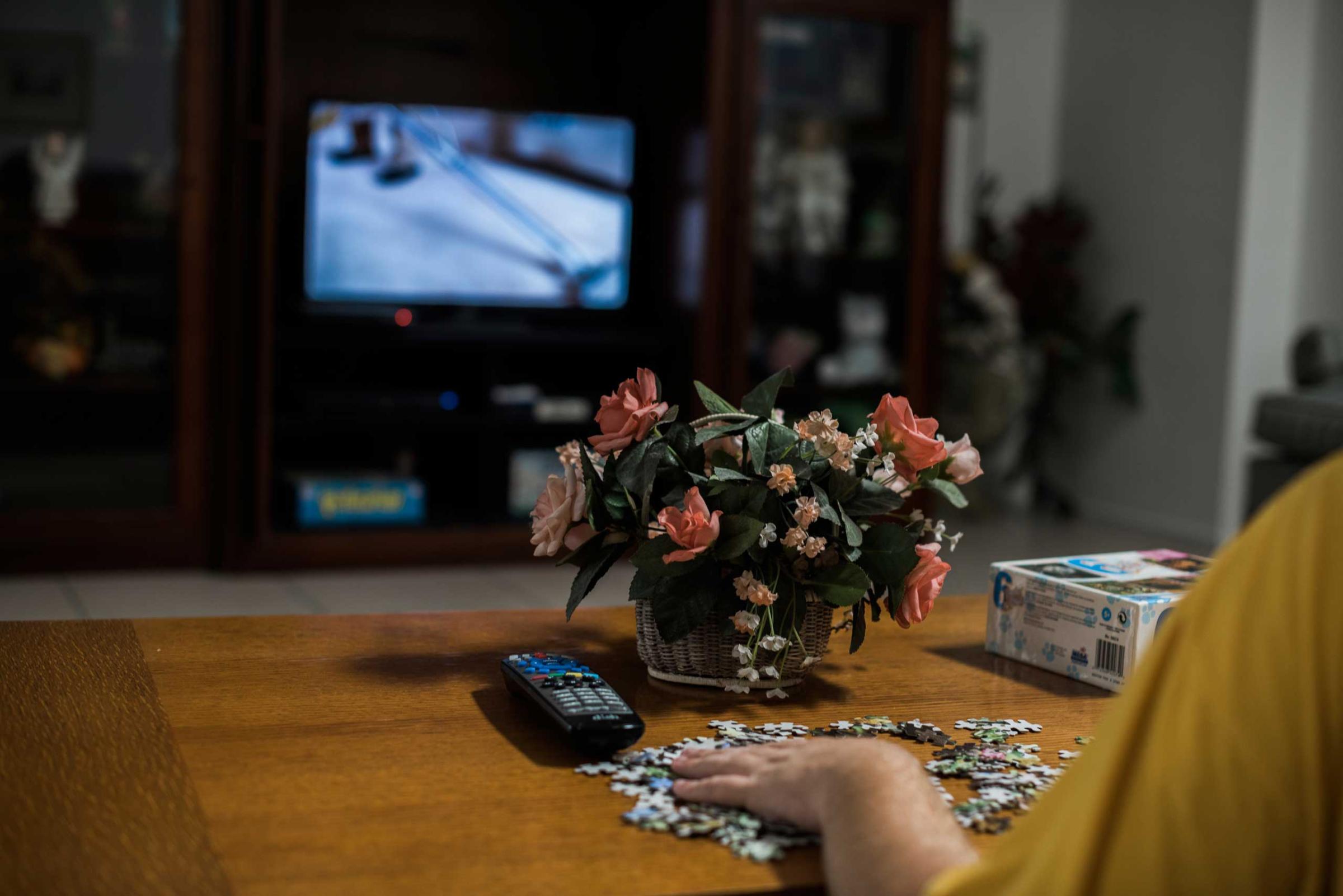
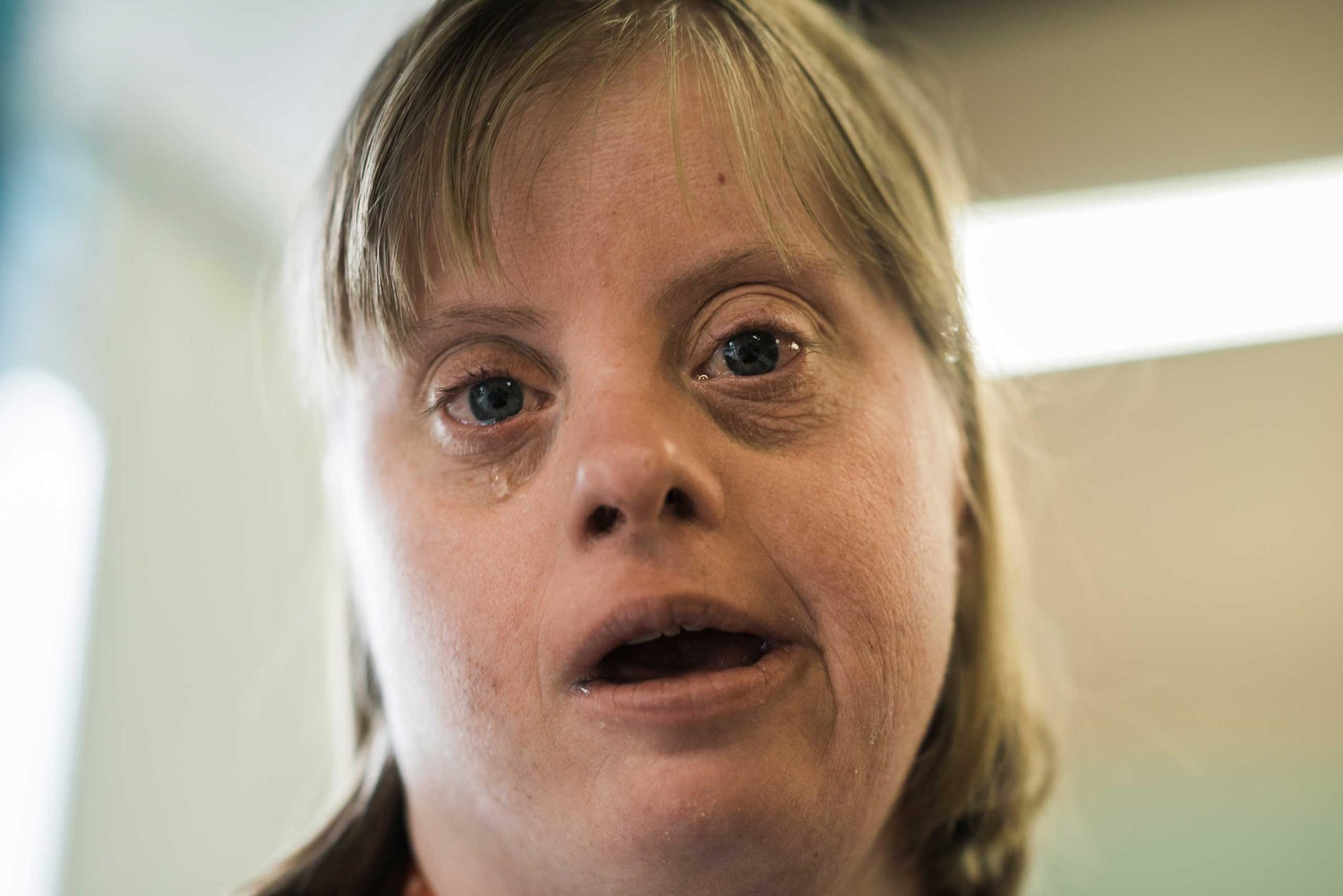
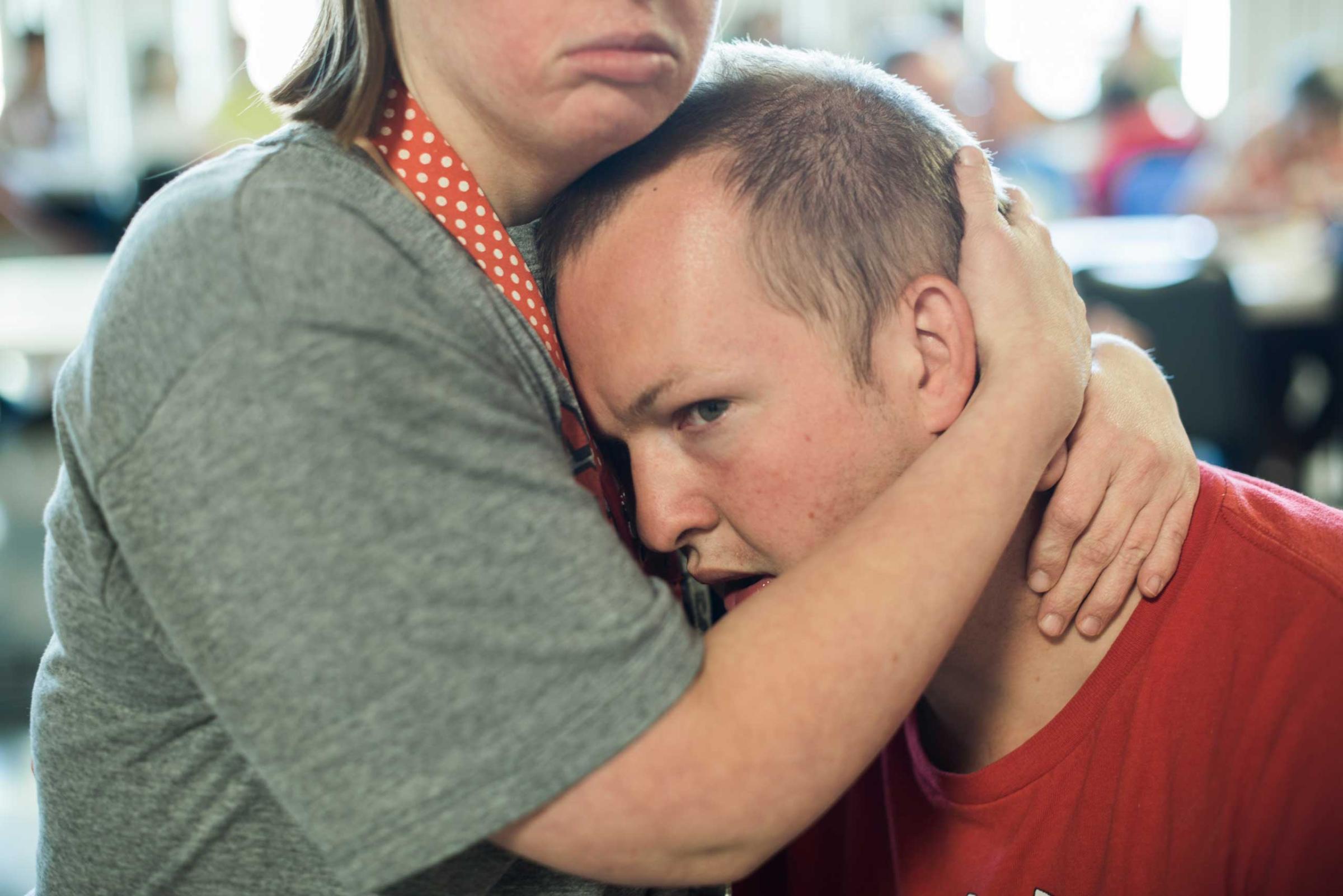
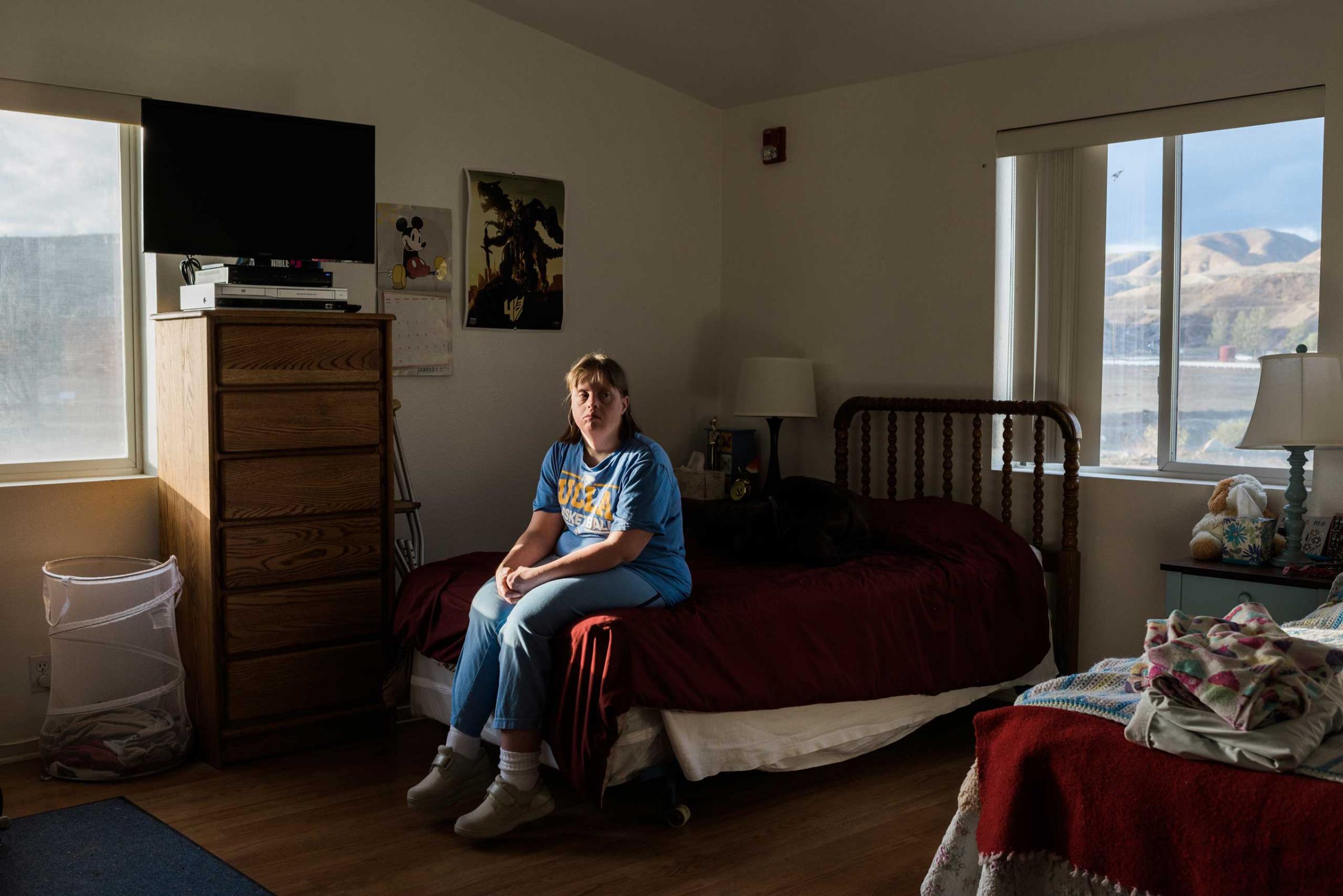
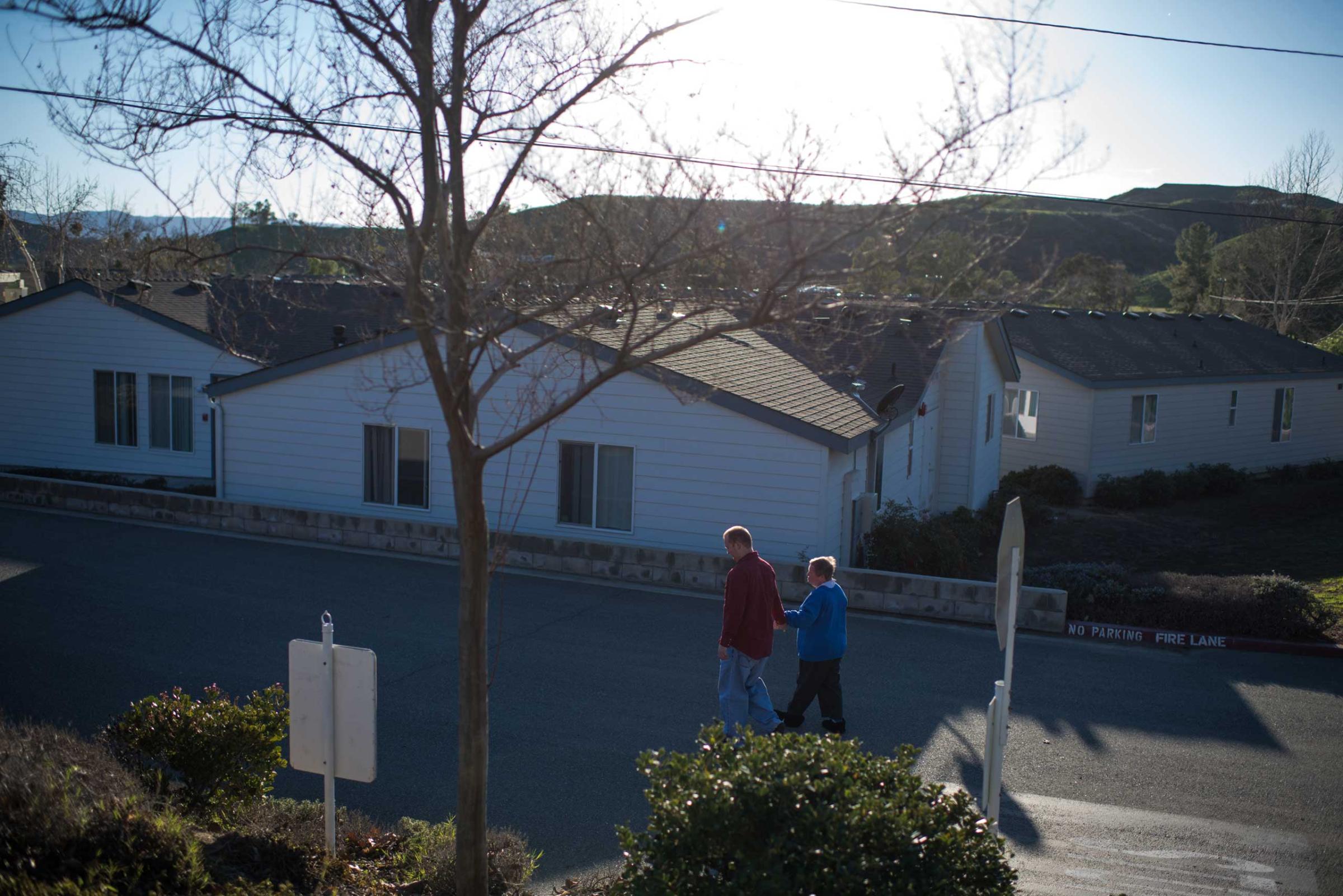
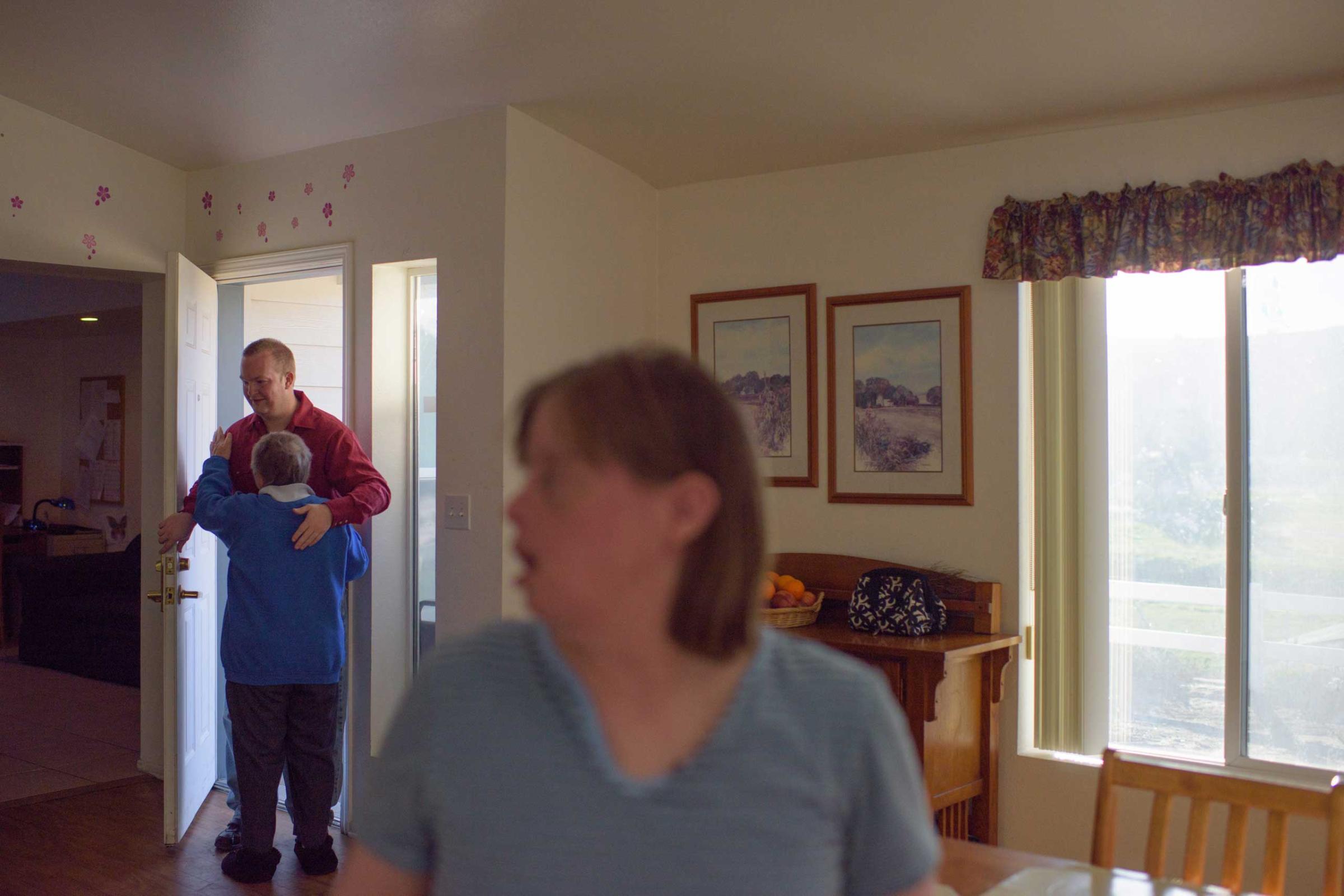
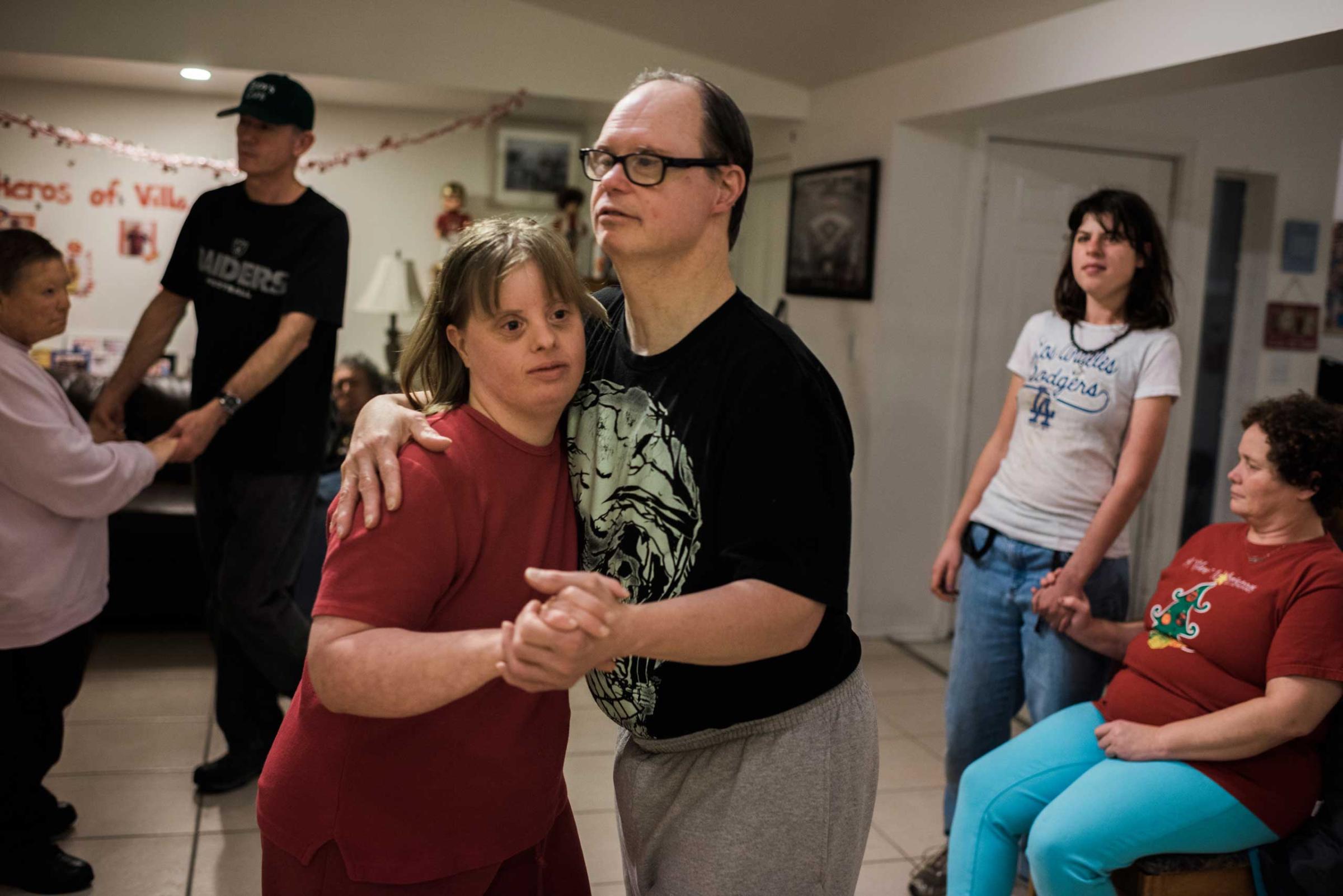
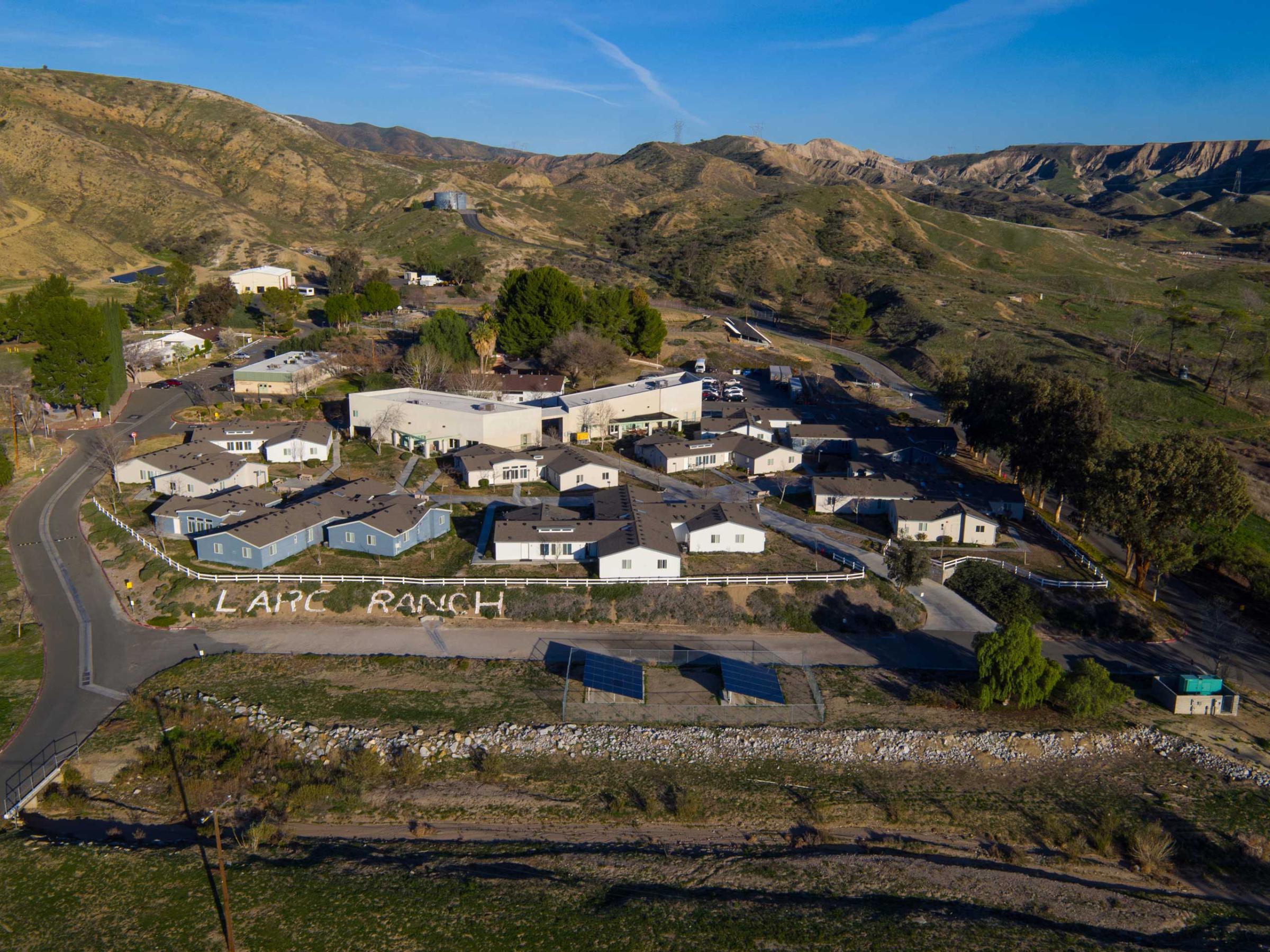
More Must-Reads from TIME
- Donald Trump Is TIME's 2024 Person of the Year
- Why We Chose Trump as Person of the Year
- Is Intermittent Fasting Good or Bad for You?
- The 100 Must-Read Books of 2024
- The 20 Best Christmas TV Episodes
- Column: If Optimism Feels Ridiculous Now, Try Hope
- The Future of Climate Action Is Trade Policy
- Merle Bombardieri Is Helping People Make the Baby Decision
Contact us at letters@time.com